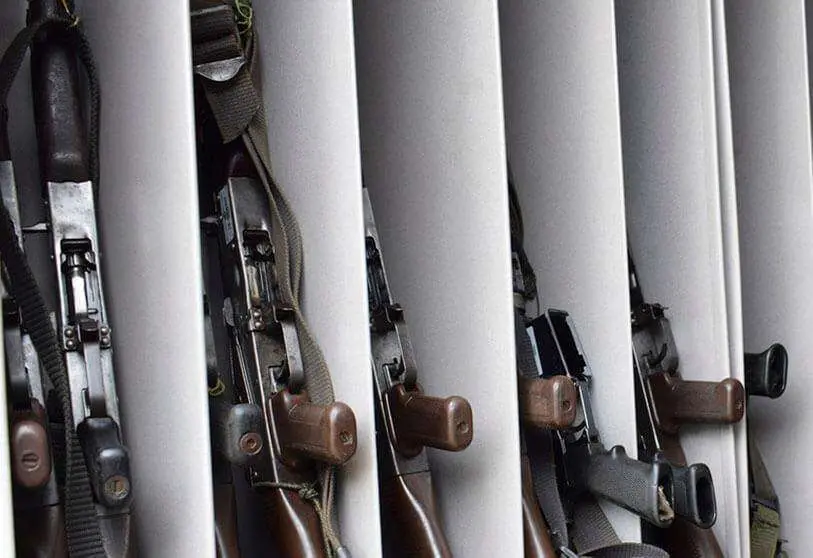Cuba will maintain its status as guarantor of the peace agreement between the Government of Colombia and the FARC-EP

"Cuba has decided to maintain for the time being its status as guarantor of the implementation of the peace agreement between the Government of Colombia and the FARC-EP". With these words, the Cuban Vice-Minister of Foreign Affairs, Rogelio Sierra, announced his decision to maintain his condition as guarantor of peace and asked the Colombian state to "recognize the validity of the agreements signed with other states and to comply with these commitments, in particular with the protocol of rupture of the peace dialogues between the Government and the guerrilla of the National Liberation Army (ELN)".
Thus, the Cuban diplomat has criticized the fact that the Government of Colombia has recognized on several occasions, both publicly and privately, "the role of Cuba as guarantor in the peace process with the FARC and, nevertheless, does not recognize agreements signed with our country, also as guarantors, in the peace process with the ELN".
This diplomatic confrontation began after the United States included Cuba in an annual State Department report on international terrorism in an "arbitrary, unilateral and unfounded manner," according to the ministry. This document described the Caribbean island as a "safe haven for terrorists," referring to the ELN peace delegation in Havana.
"The Colombian government, in addition to breaking off the dialogue with the ELN, ignored a previously agreed protocol for these cases and issued Interpol arrest warrants for the members of the ELN peace delegation in Havana", in addition to formulating "a request for the extradition of some of its members", warned Rogelio Sierra, who also pointed out that since the beginning of this bilateral crisis, the Caribbean island has received "multiple calls about the convenience of continuing its role as guarantor in the Colombian peace processes". The aforementioned protocol of rupture establishes the safe return of the insurgents to the Latin American nation.
The signing of the Peace Agreement after several years of negotiations between the FARC-EP and the Government was one of the most relevant political events in the recent history of Colombia and Latin America given the impact that this conflict has had on the international scene. However, in the same way that no war ends with the laying down of arms; no conflict originates exclusively from the use of arms. Rather, there are a number of factors that encourage such hostilities and that have to be taken into account in the respective peace processes.

In 2017, the Government of Juan Manuel Santos initiated a dialogue with the ELN so that this armed group would also participate in the peace process with the FARC. However, two years later, already with Iván Duque in the Presidency, these talks broke down after an attack by this guerrilla group on a cadet school in Bogotá. The ELN peace delegation in Havana "did not arrive in Cuba by fleeing. They traveled with the corresponding authorizations from the Colombian state", clarified the number two in the Cuban diplomacy.
"Everyone knows that Cuba has always acted as a guarantor with impartiality, transparency, discretion and at the request of both parties. All this with the purpose of helping the shared desire for an integral peace in Colombia", he has stated after reiterating his intention to maintain his condition as guarantor of the implementation of the peace agreement between the Government of Colombia and the FARC. The Caribbean island played a fundamental role in the peace agreement between the government led by Juan Manuel Santos and the FARC guerrillas, as it hosted the dialogues between the two parties during the four years in which they took place.
"Today, 24 August 2016, we can say that this national hope has become a reality. We have reached a final, complete, definitive agreement to end the armed conflict with FARC. From the very beginning of the peace process I told you that the process was governed by one principle: "Nothing is agreed until everything is agreed". Well, the day has come. [...] And what does this Final Agreement consist of? It is a set of commitments articulated among themselves to end the armed conflict and give us the opportunity to build together a stable and lasting peace for all Colombians," said the then president in a televised speech after signing this agreement. A year later, the Colombian government began a similar process with the ELN in Ecuador, which finally decided to withdraw from the negotiations, forcing both parties to move to Havana in May 2018.








